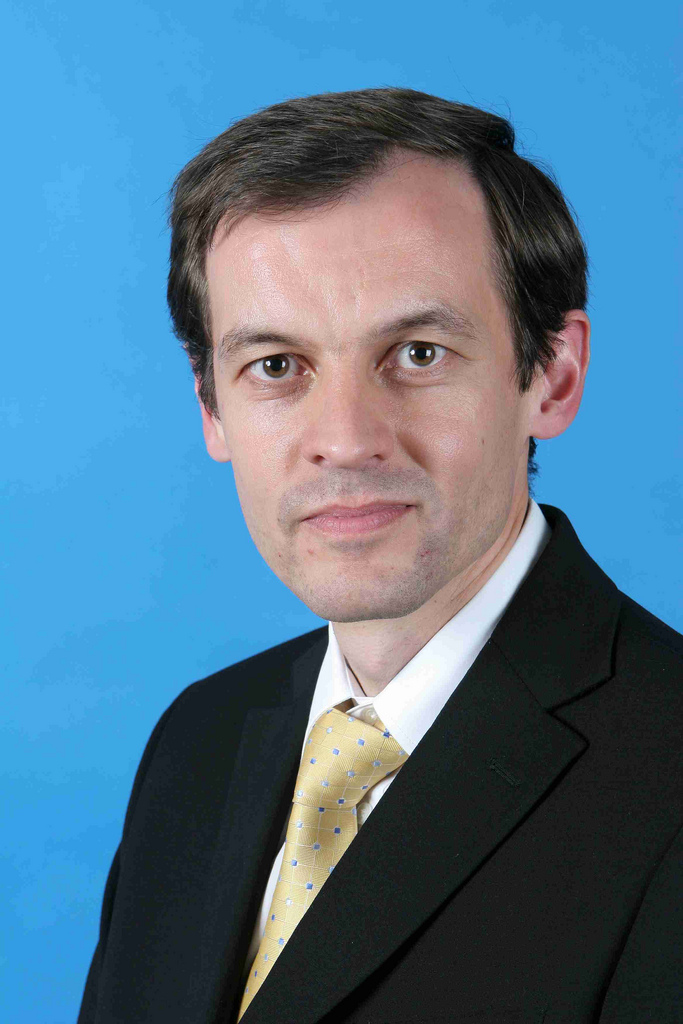DOCTORS are refusing to dish out booster jabs — claiming they are too busy with other jobs.
Family doctors say they can’t deal with routine appointments and top-up vaccines as well.

During the first rollout, other jobs were put on back burner, but clinics must now remain fully open while doing jabs.
Dr Richard Vautrey, GP chair at the British Medical Association, said: “To sign up for the booster programme, practices had to commit to continuing all routine care, which was not the case during the first phase of vaccinations.
“It’s no surprise that many practices did not feel able to commit to the booster programme.”
NHS England said there are more GP networks signed up to give jabs now than in the summer – 1,049 compared to 1,032 – but not all of them give boosters.
Health officials confirmed some clinics had chosen to go back to normal work instead of offering jabs but could not say how many.
A practice gets paid £12.58 for each Covid jab dose it gives out – including boosters – with the fee unchanged since the first rollout.
Medics can claim an extra £10 per patient if teams go out to visit people at home or in care homes.
Dr Vautrey added it was not safe for small surgeries to bring in patients for jabs while seeing high-risk patients in person.

And Professor Martin Marshall, chair of the Royal College of GPs, said family doctors “simply don’t have the capacity” to shoulder the bulk of the rollout.
He said: “It was never the case that all practices would be involved and NHS England guidance states that this should be dependent on a practice’s capacity.
“GPs are already facing intense workload and workforce pressures as we approach what will be an incredibly challenging winter.
“So it’s understandable that some practices have had to prioritise other essential care and services for their patients.”






